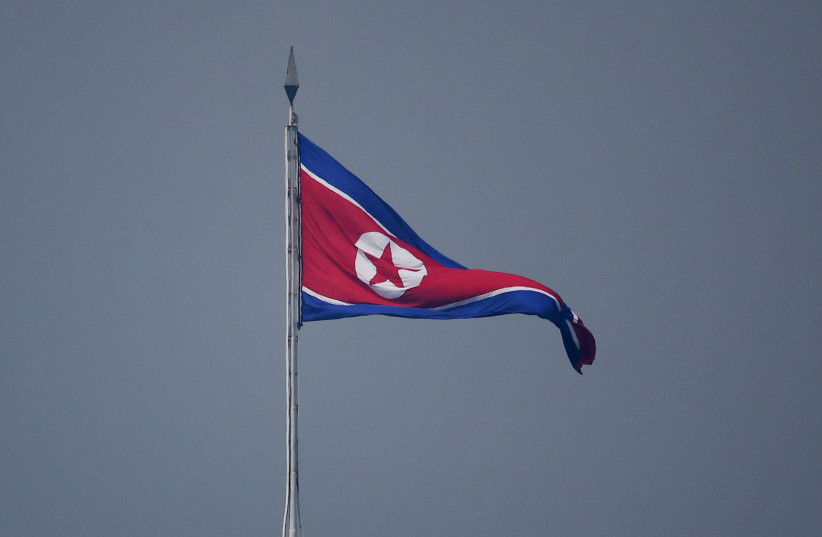North Korea on Monday said it had launched a test satellite that is part of the development of its spy satellite program. The program is aimed at launching and putting a spy satellite into orbit.
The Associated Press called the goal of an orbiting spy satellite a “key military capability coveted by its leader Kim Jong Un along with other hi-tech weapons systems.” This is important because Iran also wants to launch new satellites in the coming months.
Together, these countries are part of a kind of secondary “new world order” in terms of missile, defense, satellite and other technologies that can threaten the world. Iran’s transfer of drones to Russia is one example. Both countries threaten their regions, and they both work as part of the authoritarian alliance designed to upend the Western democracies and the US-led international rules-based order that has been in place since 1990.
North Korea showed off an image it claimed was a photo from space showing South Korea’s capital, Seoul, and the area of Incheon, which was where former US and UN forces commander Douglas MacArthur launched the amphibious landings that helped turn the tide of the Korean War in 1950. This is symbolically an important moment for the North.
The North is isolated and poor but has an impressive military-industrial complex. This matters globally because North Korea and Iran have worked together in the past on military technology. Iran is also partnering with China, and China works with North Korea.

The rocket carrying the test satellite was launched Sunday to assess the satellite’s photography and data transmission systems, North Korea’s KCNA said, according to AP.
Iran is also launching satellites.
The Iranian Mehr News Agency said, “speaking to local Iranian media about the latest conditions of the launch of Nahid1 and 2 satellites, Issa Zarepour, the Iranian ICT [information and communications technology] minister said that these two satellites are being prepared and hopefully will be launched by the end of the year.”
These communications satellites will bring Iran one step closer to increasing its power in space.
“Nahid-2 satellite is one of the satellites with telecommunication technology equipped with a thruster and capable of performing maneuvers and orbital corrections, and it can be considered an important step in the construction of low-altitude telecommunication systems,” the Iranian media outlet said.
Iran conducted tests in the summer using satellite launch vehicles. One rocket exploded during those tests. Iran’s space program had another failed launch in 2019 but Russia helped Iran launch a satellite from Kazakhstan in August, according to Reuters. Iran launched another test in early November for a satellite-carrying rocket and it launched a military satellite in 2020.
All of this points to increased Iranian abilities. This dovetails with the North Korean satellite program as the two smaller countries try to get involved in the space race. Prior to this, the space race was mostly the province of major industrial hi-tech powers.
The Gulf is interested in this issue, and it also impacts Israel. Al Ain Media in the United Arab Emirates made the North Korean test a major story and noted how this is a concern to South Korea and the Pacific. While North Korea and Iran challenge the West, there are other rising space powers that are partners and allies.
The Iran-North Korea space race is important. The countries are not necessarily racing against each other, but their race to get more satellites into space is a reminder of how the center of power has shifted from the West to these regional powers.
